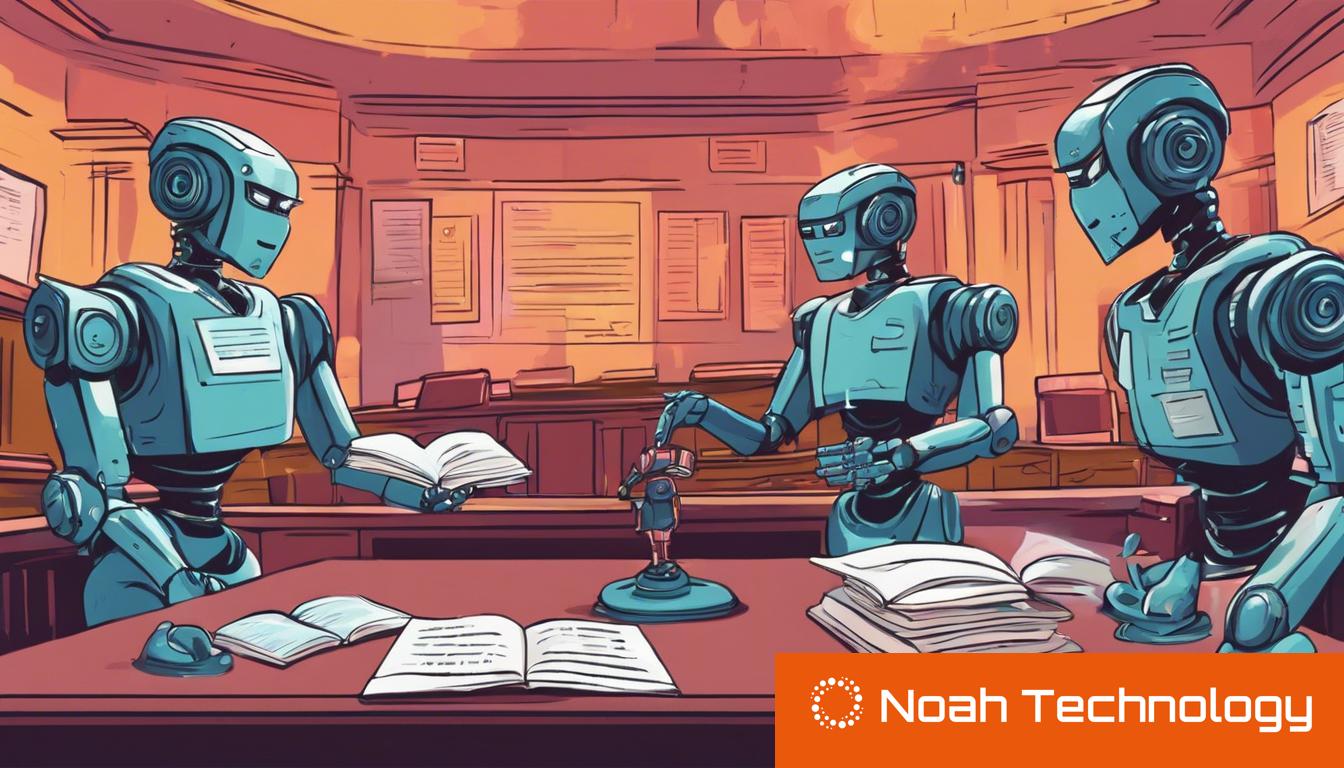OpenAI, the AI research powerhouse behind ChatGPT, faces legal challenges ranging from a dispute with co-founder Elon Musk to copyright lawsuits from prominent news organizations, underscoring the complex legal landscape of AI advancements.
OpenAI, a prominent artificial intelligence research company known for its development of ChatGPT, is entangled in multiple legal disputes that threaten its position in the AI field. Transitioning from a nonprofit to a profit-oriented entity, OpenAI has attracted legal attention for various reasons, including a contentious dispute with co-founder Elon Musk, who criticizes the company for deviating from its foundational mission. The legitimacy of Musk’s claims is debated among legal experts due to the intricacies of OpenAI’s governance and research direction.
The company is also grappling with internal issues following the controversial firing and rehiring of its CEO, with an investigation ongoing to address the miscommunications behind these decisions. Furthermore, OpenAI’s partnership with Microsoft has led to antitrust investigations, focusing on the ramifications for competition and monopolistic practices in the AI sector. Adding to OpenAI’s legal challenges are copyright lawsuits from well-known authors and media organizations, which argue that OpenAI’s AI models, such as ChatGPT, were built on unauthorized uses of copyrighted materials.
One notable lawsuit has been filed by The New York Times against OpenAI and Microsoft, alleging that millions of the newspaper’s articles were unlawfully copied to train AI chatbots. Microsoft has defended itself and OpenAI by comparing the lawsuit to historical resistance against technological advancements, asserting that the development of AI models like ChatGPT does not infringe on copyright laws nor does it undermine the market for the original works. OpenAI responded by stating that any inclusion of the Times’ content was unintentional and not a substantial element of the chatbot’s training process.
These legal battles not only highlight the challenges facing OpenAI but also underscore the broader legal and ethical dilemmas arising from the rapid advancement of artificial intelligence technology. The outcomes of these disputes will likely influence future AI research and development, as well as the legal frameworks governing copyright and competition within the AI industry.













